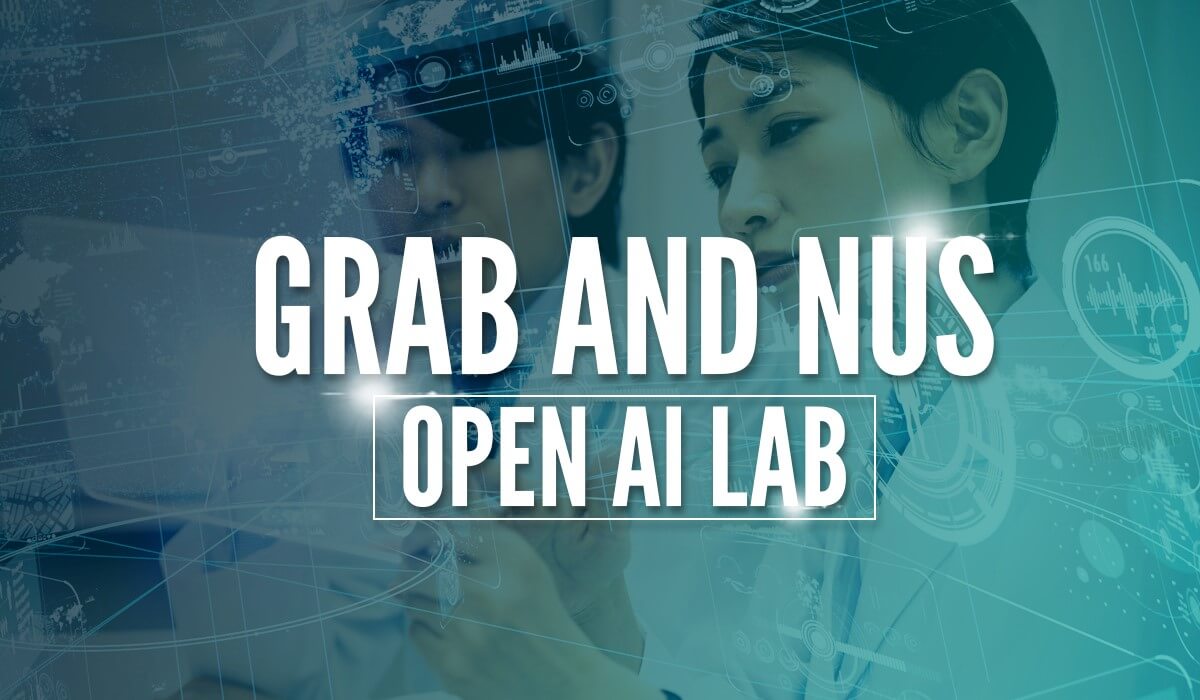LiveMe, North America’s top ranked social networking app, has officially announced the launch of a…
Grab and NUS open AI Lab Transform Cities and Transportation in Southeast Asia
26 July 2018 Technology
Grab, online-to-offline (O2O) mobile platform in Southeast Asia, and the National University of Singapore (NUS) launched an artificial intelligence (AI) laboratory to develop solutions to transform urban transportation and pave the way for smarter cities in Southeast Asia.
The Grab-NUS AI Lab, which has been set up with a joint initial investment of S$6 million, is Grab’s first major AI laboratory and NUS’ first AI laboratory with a commercial partner.
Anchored at the NUS Institute of Data Science, the Grab-NUS AI Lab will leverage data from the Grab platform to solve complex, real-world challenges in Southeast Asia. Having facilitated more than 2 billion rides, Grab’s vast troves of data provide deeper insights into how cities across Southeast Asia move today. By combining the data with NUS’ research expertise in the field of AI, the two partners can map out traffic patterns and identify ways to directly impact mobility and liveability of cities across Southeast Asia.
Anthony Tan, Co-founder and CEO, Grab, said data from Grab platform can map out the traffic patterns and evolution in mobility for cities across Southeast Asia. For example, our data shows that travel time for Pratunam Market to Don Muang Airport can be drastically improved today. If this route would be better served by more shared transport solutions, such as buses, trains, ride-sharing, we could bring travel time during peak hour down by 25% all the way from 45 to 34 minutes. I look forward to working with governments to turn the data from the Grab-NUS AI Lab into solutions.
The Grab-NUS AI Lab will focus on improving the efficiency and reliability of transportation on the Grab platform in Southeast Asia’s cities at first, but will expand to research on the larger challenges facing cities in Southeast Asia, such as congestion and liveability of cities. Researchers at the Grab-NUS AI Lab will create a robust AI platform for large-scale machine learning and visual analytics that can develop novel applications from Grab’s massive data set. The laboratory will enable Grab to understand and ultimately anticipate customers’ and partners’ needs.
NUS President Professor Tan Eng Chye said the Grab-NUS AI Lab is an excellent collaborative effort where NUS researchers will work closely with Grab data scientists to create unique AI innovations based on insights relevant to Asia and the world. “This is also a great opportunity for our researchers and students to make a real-world impact through our research in data science and AI. Over time, we hope to build a healthy pipeline of well-trained and experienced data scientists and AI researchers for Singapore and beyond.”
The AI Lab will also contribute to local AI talent development through the training of PhD students that will be enrolled at NUS. Supported by the Singapore Economic Development Board (EDB), The PhD training programme will allow students to not just build the relevant skills, but also apply them to real world challenges through the Grab platform.
The Grab-NUS AI Lab will be home to 28 researchers working on various AI projects.

